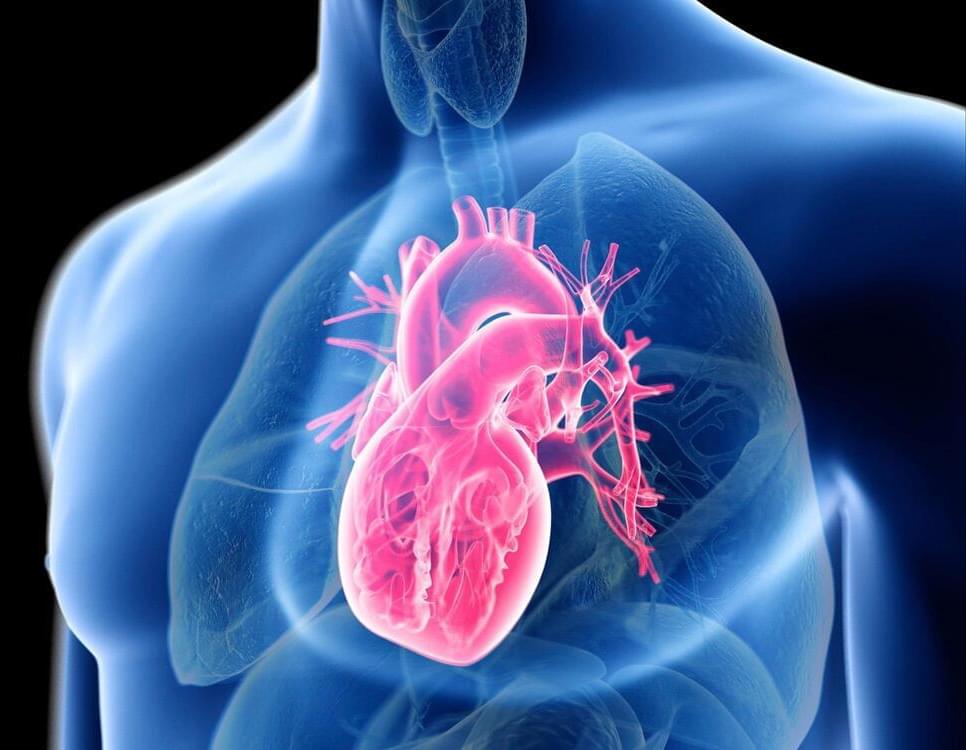UC San Diego researchers have identified a new inflammatory mechanism in the heart’s borderzone after a heart attack, driven by stressed cardiomyocytes. This discovery may lead to novel therapies aimed at preventing heart failure by targeting mechanical stress, DNA sensing, and IFN signaling.
Ischemic heart disease is the leading cause of death globally. It typically starts with a heart attack, or myocardial infarction (MI), during which part of the heart muscle dies because it doesn’t receive enough blood from the coronary arteries. This event triggers intense inflammation, changes to the structure of the heart wall, and eventually can lead to heart failure.
Anti-inflammatory drugs have been surprisingly ineffective at preventing heart failure. As a consequence, they are not a routine part of post-MI care. However, it is possible that the most potent molecular and cellular inflammation targets have yet to be discovered.










Leave a reply